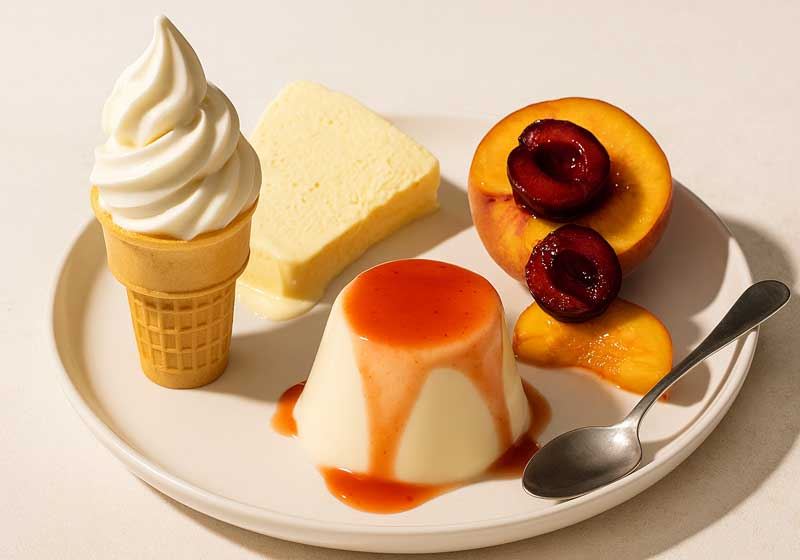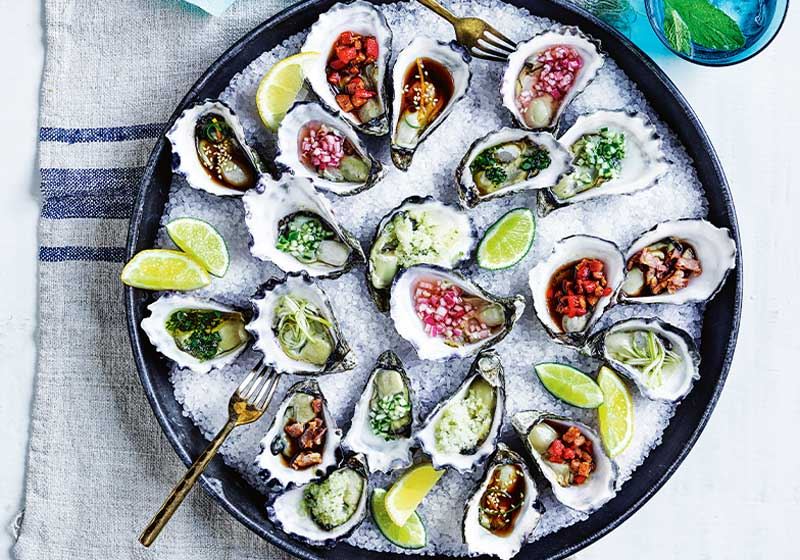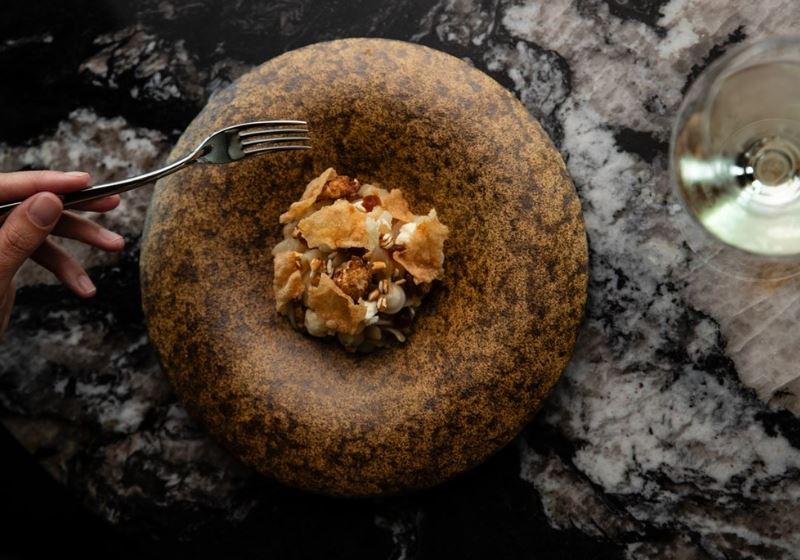By Joseph Steele.
As the Lunar New Year approaches, a red and gold wave sweeps over bustling streets and the air is thick with the aroma of festive delicacies. Amidst these familiar scents and sights, a quiet revolution simmers in the kitchens. The rise of veganism is reshaping the culinary landscape of Chinese New Year celebrations, introducing a green twist to the traditional red festivity.
Historically, the Chinese New Year is synonymous with an abundance of food symbolising prosperity, with classic dishes like succulent Peking duck and rich pork dumplings taking the focus at the dining table. However, as health consciousness and ethical eating seep into every aspect of culinary culture, an increasing number of people are embracing plant-based diets, redefining what festive eating means.At the heart of this transformation are innovative Chefs such as recent Chef Hat Award recipient Shu Liu of his namesake restaurant, Shu Restaurant who is reimagining traditional dishes with a vegan flair. The challenge is not insignificant – how do you maintain the essence of a dish when removing its core ingredients? The solution lies in a fusion of creativity, respect for tradition and an understanding of the symbolism at the soul of Chinese New Year cuisine.
"Cooking vegetarian/vegan meals is challenging, as you really have to be creative and skilled when it comes to bringing out the best flavours, instead of relying on the animal fats” he tells AGFG.
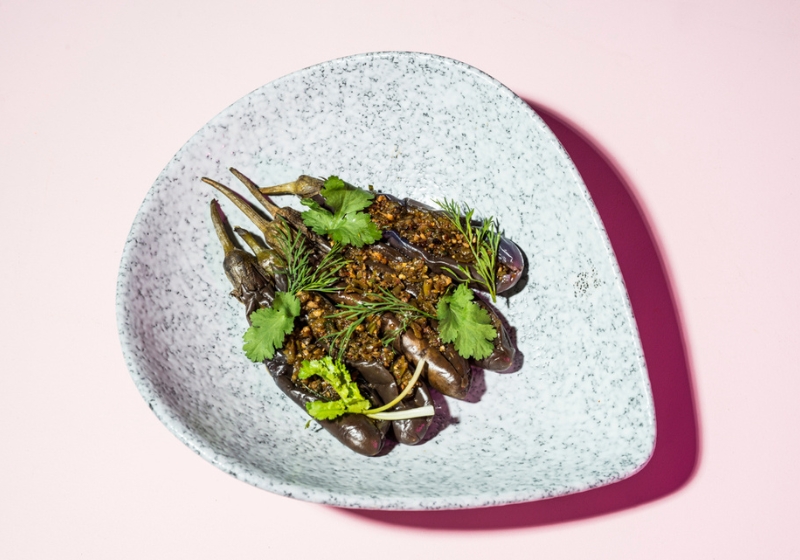
Growing up in the remote Sichuan province, Shu’s household has always cherished an abundance of plant-based options. Family dinners were made up of a majority of vegetarian dishes with Shu’s mother crafting exquisite plant-based delights. One such household staple is a vibrant eggplant dish with a Sichuan chilli relish (you can find the recipe here). Tender and aromatic eggplant with a spicy chilli relish helps bring out the intricate flavours of the vegetable.
What drives this change toward greener eating? Part of the answer lies in the increasing awareness of the environmental impact of traditional meat-heavy diets. The other part is a growing understanding of the health benefits associated with plant-based eating. Additionally, the multicultural fabric of Australian society means more inclusivity in culinary practices – vegan Chinese New Year dishes not only cater to those following plant-based diets but also to those curious about other culinary cultures.
It's not just about substituting or removing ingredients. These vegan adaptations are a testament to the evolving relationship between food, culture and personal identity. They reflect a world where traditions are not static but are constantly being reinterpreted to align with contemporary values and lifestyles.
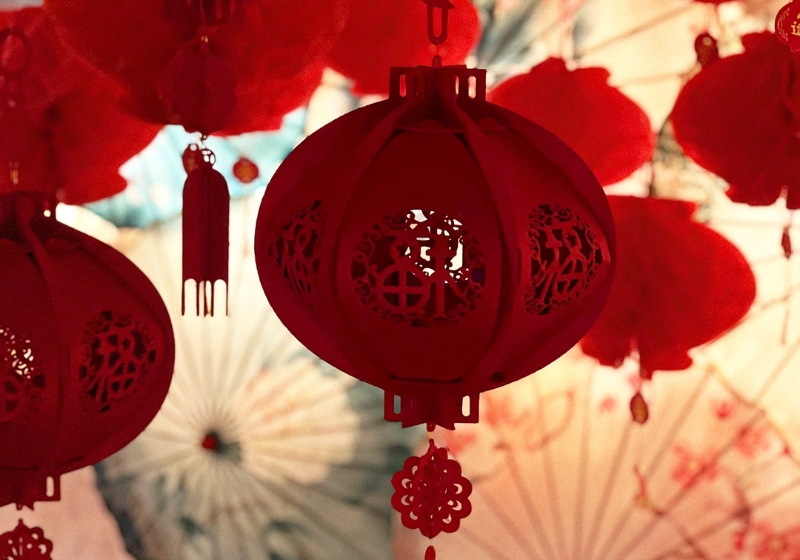
When Chinese New Year rolls around in Australia, Shu is reminded of family. What does he miss the most? The abundance of vegetarian dishes.
"Now that the restaurant is plant-based, there is no better time to showcase these lovely flavours and varieties to my community," he says.
It comes as no surprise that this 14-Hatted restaurant is putting on a special menu and running events to celebrate the occasion.
As families gather around the table this Chinese New Year, the familiar clatter of chopsticks might just be picking up a piece of mock duck or a vegan spring roll. This change on the dining table mirrors a larger transformation in society – one that embraces sustainability, health and inclusivity, without losing sight of the rich tapestry of tradition and the deep flavours that define the Chinese New Year.In this festival of renewal and rebirth, it’s perhaps fitting that the food we celebrate with is also experiencing its own form of renewal – a delicious, plant-based one at that.


